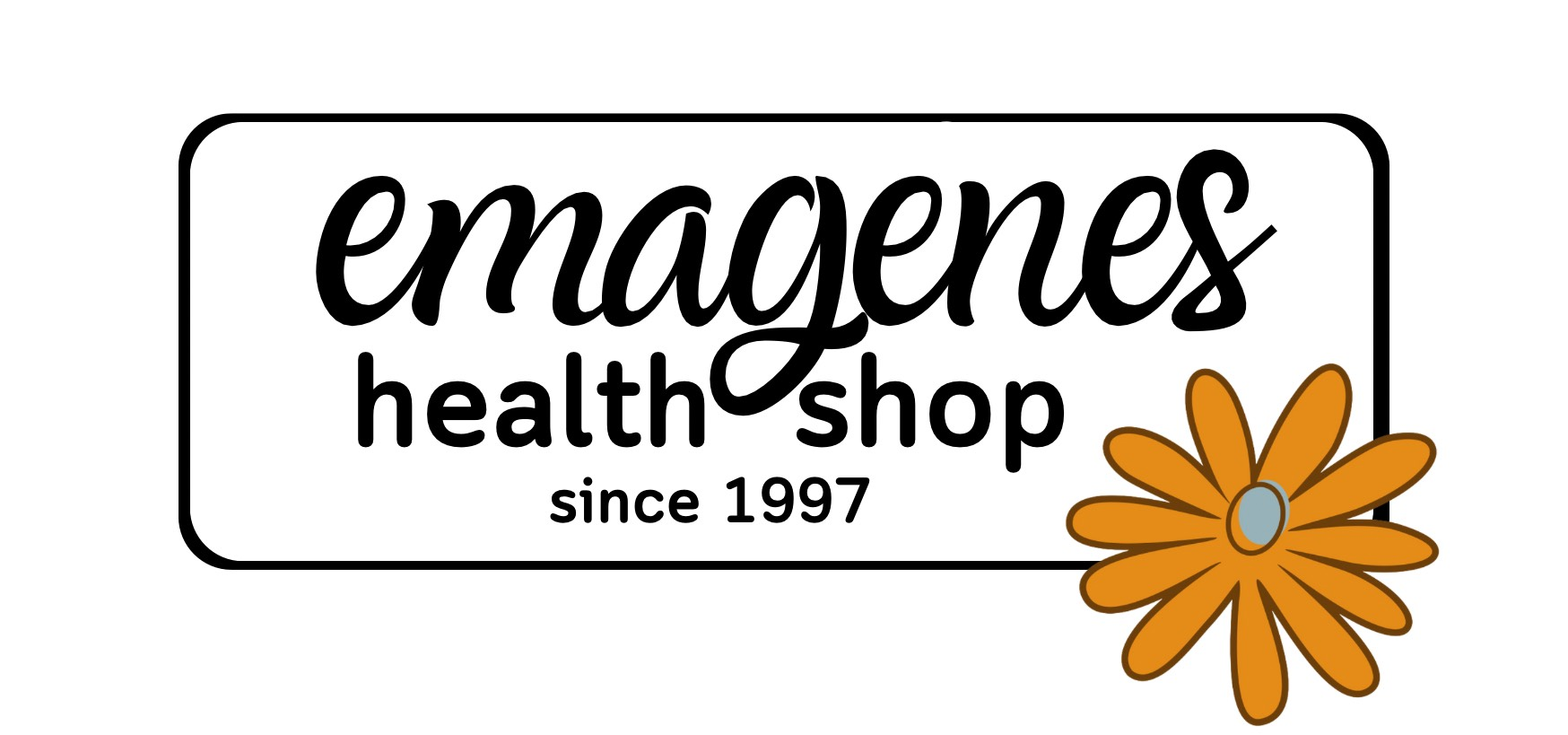
Blood Circulation
THE BLOOD CIRCULATION SYSTEM (cardiovascular system) delivers nutrients and oxygen to all cells in the body. There are two circulatory systems that are connected. The systemic circulation provides organs, tissues, and cells with blood so that they get oxygen and other vital substances. The pulmonary circulation is where the fresh oxygen we breathe in enters the blood. At the same time, carbon dioxide is released from the blood.
PROPER CIRCULATION is key for maintaining optimal health, allowing every organ to function properly.
SIGNS OF POOR CIRCULATION:
- Muscles that hurt or feel weak when you walk.
- A ‘’pins and needles’’ sensation on your skin.
- Pale or blue skin colour.
- Cold fingers or toes.
- Chet pain.
- Swelling
- Veins that bulge
CIRCULATION SYSTEM DISEASES:
- High blood pressure,
- Heart attacks,
- Heart failure,
- Strokes,
- Aneurism etc.
WHY POOR CIRCULATION?
Plaque buildup, blood clots, thick blood or narrowed blood vessels can lead to poor circulation.
(It is difficult to get porridge through a hosepipe)
MODIFIABLE RISK FACTORS are factors that can be controlled, changed, or treated with lifestyle changes.
- Lack of exercise
- being overweight
- smoking
- overuse of alcohol
- high levels of stress
- poor diet
SUPPLEMENT (BECAUSE YOU DON’T EAT IT DAILY)
- B COMPLEX, especially B3(reduces inflammation and bad cholesterol), in kale and spinach.
- Vitamin C prevents blood clots, lower inflammation, improve circulation and much more.
- OMEGA 3 fatty acids – needed to reduce inflammation, prevent blood from clotting, help reduce plaque in the heart s arteries and decrease atherosclerosis.
- HERBS like Hawthorn, Ginkgo biloba, Cayenne, Parsley etc.
TIPS FOR CIRCULATORY HEALTH:
- Maintain a healthy weight
- Don’t smoke
- EXERCISE: Cardiovascular exercise (any activity that increases heart rate and respiration and raises oxygen and blood flow throughout the body) is beneficial for your health, especially the circulatory system.
- Maintain a healthy diet (EAT MORE: Lemons, strawberries, blueberries, raspberries, leafy green vegetables, whole grains, avocados, fatty fish (mackerel, sardines, trout), walnuts, beans, dark chocolate, tomatoes, almonds, seeds, garlic, olive oil and green tea.
- Avoid trans fats and saturated fats which are often found in processed foods and fast food
- Limit alcohol and salt intake
- Use relaxation and self-care to reduce stress
Do research (Patrick Holford Homocysteine) and test your HOMOCYSTEINE!
- HIGH levels of homocysteine in the blood can damage the lining of the arteries. It may also make the blood clot more easily than it should.
- If your homocysteine levels are high, you are deficient in B12, B6, zinc or folic acid.
- Vitamin C and E lowers Homocysteine.
The aforementioned information is on a physical level and it's very important. However, remember that we are spiritual beings and what we feel and think, greatly affects our physical health.
Addictions are a sign that we don’t feel well. We need something to make us feel better, calmer, more energetic, less anxious, less miserable, etc.
No amount of food, screentime, medication, drug, alcohol, exercise, work or whatever it is that soothes you, will bring any healing.
We need to do the “inner work” that brings sustainable change and that reflects the fruit of our change/shift/healing.
Take care of your Body, Mind & Soul – you are worth it!

 Whatsapp us!
Whatsapp us!